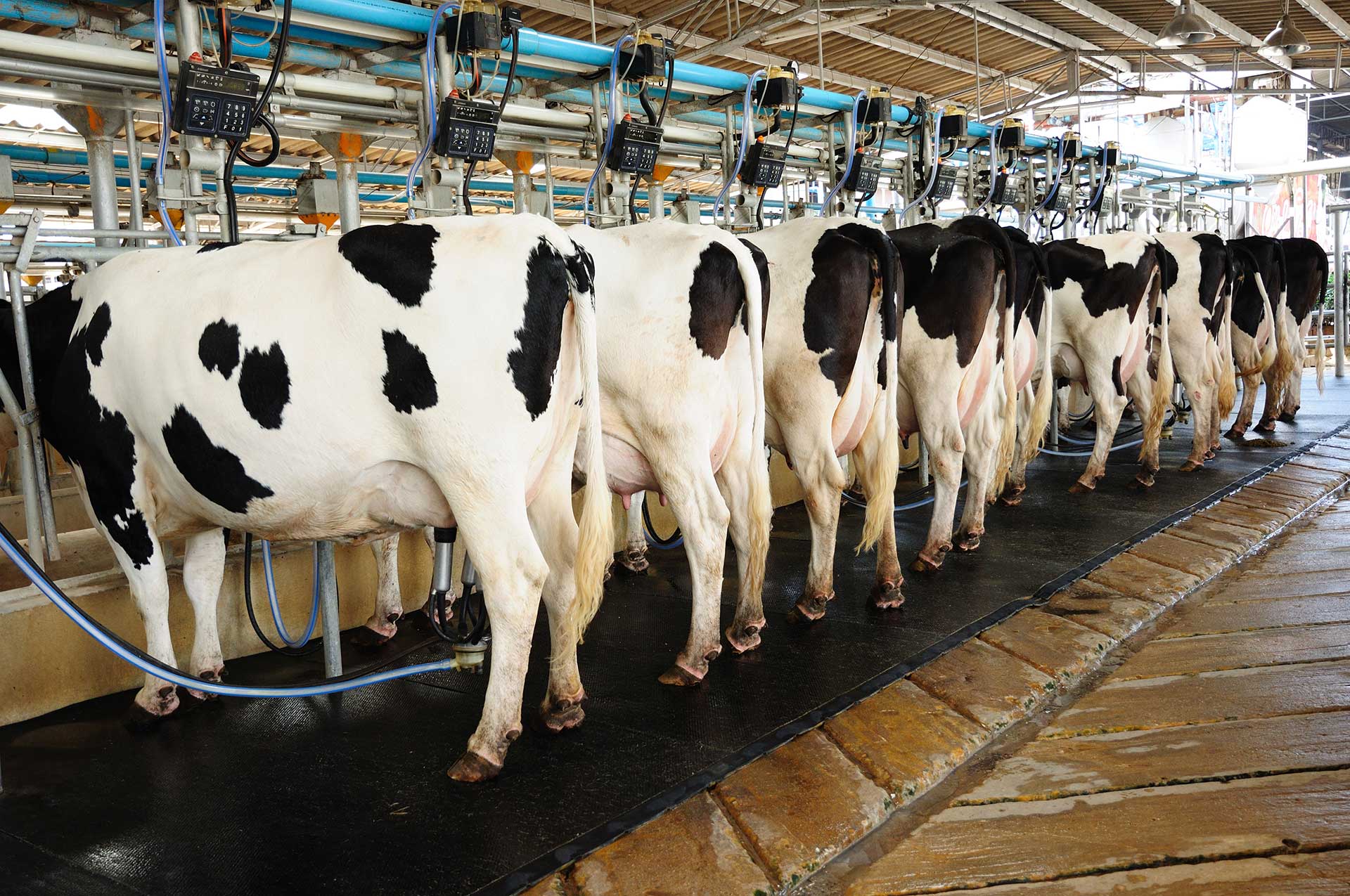Milk Total Solids Testing
Understanding milk total solids (TOS) is crucial in the dairy industry, as it directly impacts product quality and consistency. Milk total solids refer to all non-volatile constituents of milk that remain after evaporation, excluding water. These components are essential for determining nutritional content, categorizing milk grades, and ensuring compliance with international standards.
The measurement of TOS helps in assessing the overall fat, protein, lactose, ash, and other solids present in raw or processed milk samples. This test is particularly significant in sectors like quality management, where precise measurements are vital for maintaining product integrity and consistency. In procurement and R&D roles, accurate total solids testing ensures that dairy products meet regulatory standards and consumer expectations.
For instance, in the production of cheese, TOS measurement helps in determining the optimal time for curdling and rennet addition, ensuring consistent yield and quality. Similarly, in milk-based beverages, it is critical to ensure that the total solids content aligns with product specifications, enhancing consumer satisfaction.
Compliance officers must adhere to international standards such as ISO 6845:1997, which provides guidelines for determining TOS by gravimetric analysis. This method involves evaporating a milk sample at specified conditions and measuring the residue left behind. The precision of this test is paramount in ensuring that products meet regulatory requirements.
The significance of milk total solids testing extends beyond raw materials; it influences the final product's flavor, texture, and shelf life. In R&D departments, understanding TOS can guide formulation adjustments to improve product performance. Quality managers rely on accurate measurements to maintain consistent standards across production batches. Procurement teams ensure that suppliers meet these stringent criteria, thereby upholding brand reputation.
Given the critical role of milk total solids in dairy products, Eurolab offers comprehensive testing services to support various stakeholders within the industry. Our expertise ensures reliable and reproducible results, providing a solid foundation for decision-making processes.
Why It Matters
The importance of milk total solids cannot be overstated in the dairy sector. Accurate measurement directly influences product quality, compliance with industry standards, and consumer satisfaction. In raw milk, TOS is a key indicator of nutritional content and potential adulteration. For processed products like cheese or yogurt, TOS ensures consistent yield and flavor.
From a regulatory standpoint, adherence to international standards such as ISO 6845:1997 is essential for ensuring that dairy products meet safety and quality benchmarks. Non-compliance can lead to recalls and reputational damage. For R&D teams, understanding TOS helps in optimizing production processes and enhancing product development.
In procurement, accurate total solids testing ensures that suppliers deliver consistent batches of milk with the desired specifications. This not only reduces waste but also enhances operational efficiency by minimizing variability in incoming raw materials.
Quality managers rely on TOS testing to maintain high standards across all production lines. Consistent results from Eurolab’s tests provide peace of mind, knowing that every batch is meeting strict criteria. By partnering with a reliable laboratory like Eurolab, stakeholders can ensure that their products remain competitive and compliant.
Scope and Methodology
| Parameter | Description | Method |
|---|---|---|
| Total Solids Content | Non-volatile constituents in milk. | Gravimetric analysis after evaporation. |
| Routine Testing Frequency | Daily or weekly, depending on batch size and variability. | Based on ISO 6845:1997 guidelines. |
| Sample Preparation | Milk samples are standardized to a specific volume before testing. | Inoculated with appropriate culture media if required for secondary tests. |
| Instrumentation | Evaporating dish, balance accurate to 0.1 mg. | Digital scales and drying ovens. |
The gravimetric analysis method involves precisely measuring a known volume of milk, evaporating it at controlled temperatures (typically 103°C), and weighing the residue. The difference between the initial sample weight and the weight after evaporation represents the total solids content.
Routine testing frequencies are determined by production schedules and quality control protocols. Samples are prepared under strict conditions to ensure consistency, including standardizing volumes and inoculating as necessary for secondary tests. Our laboratory uses state-of-the-art equipment, such as digital scales accurate to 0.1 mg and drying ovens capable of precise temperature control.
The method adheres strictly to ISO 6845:1997 standards, ensuring that results are reliable and reproducible across different batches. This approach not only meets regulatory requirements but also enhances the accuracy of product specifications.
Eurolab Advantages
EuroLab offers unparalleled expertise in milk total solids testing, providing services that are both precise and efficient. Our team of experienced scientists ensures that every test is conducted under the strictest conditions, adhering to international standards.
We leverage advanced laboratory equipment and cutting-edge techniques to deliver accurate results swiftly. This capability allows our clients to make informed decisions promptly, ensuring product quality remains at peak levels.
EuroLab’s commitment to quality is reflected in our certification with ISO/IEC 17025:2017, ensuring that all testing processes meet the highest industry standards. Our clients can trust us for reliable and reproducible results every time.
In addition to accuracy, EuroLab offers flexibility in service delivery. Whether you need one-off tests or regular monitoring, our team is equipped to handle your requirements efficiently. Our comprehensive reporting ensures that all necessary details are captured, providing a clear picture of the total solids content and any deviations from specified ranges.
By partnering with Eurolab, stakeholders in the dairy sector can enhance their operations by ensuring compliance with regulatory standards and maintaining product integrity. Our services not only meet but exceed industry expectations, offering a competitive edge to our clients.





